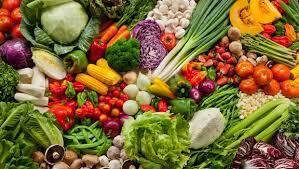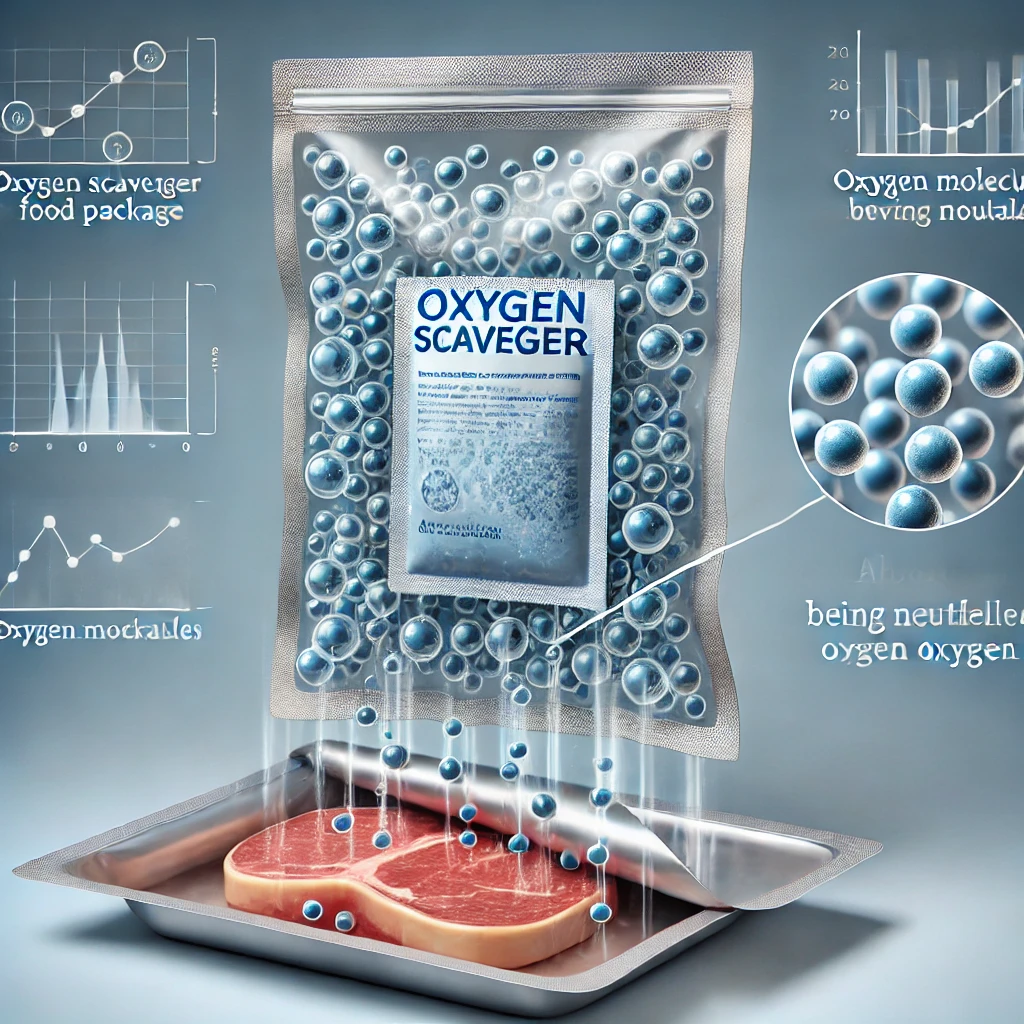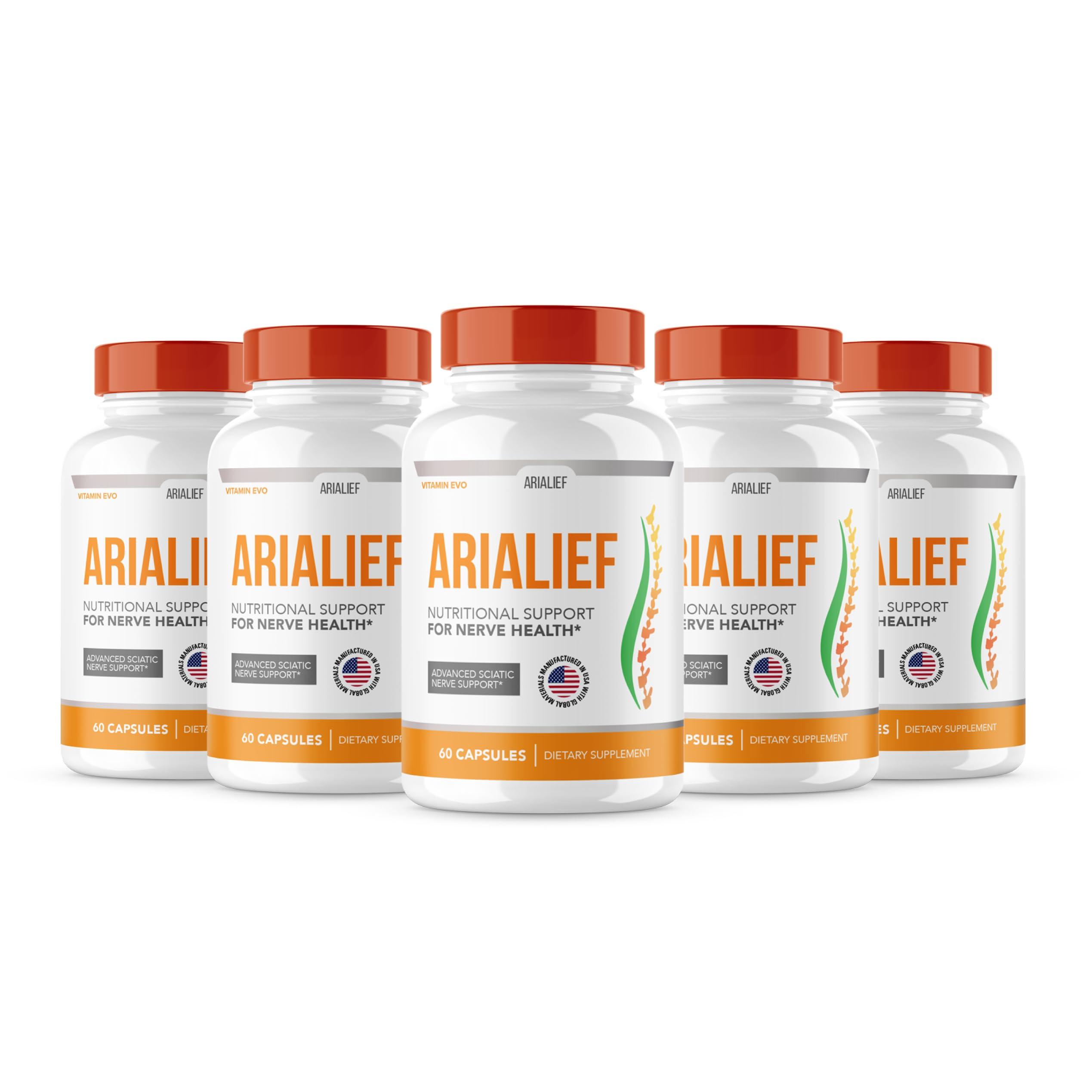Sponsor
The Mediterranean Diet: A Powerful Ally in Cancer Prevention

The Mediterranean diet, inspired by the traditional eating habits of countries bordering the Mediterranean Sea, is renowned for its numerous health benefits. This diet is rich in fruits, vegetables, whole grains, legumes, nuts, olive oil, and lean proteins, particularly fish. Recent research suggests that the Mediterranean diet may also play a significant role in cancer prevention. Let's explore how this wholesome way of eating can help reduce the risk of cancer and promote overall health.
Key Components of the Mediterranean Diet
-
Fruits and Vegetables:
- High in vitamins, minerals, fiber, and antioxidants.
- Common choices include tomatoes, leafy greens, bell peppers, onions, and citrus fruits.
-
Whole Grains:
- Provide sustained energy and are high in fiber.
- Include foods like whole wheat, brown rice, barley, and oats.
-
Legumes and Nuts:
- Excellent sources of plant-based protein and healthy fats.
- Commonly consumed legumes include beans, lentils, and chickpeas, while nuts such as almonds, walnuts, and hazelnuts are popular.
-
Healthy Fats:
- Emphasis on monounsaturated fats from olive oil.
- Omega-3 fatty acids from fatty fish like salmon, mackerel, and sardines.
-
Lean Proteins:
- Preference for fish and poultry over red meat.
- Incorporation of plant-based proteins such as legumes and nuts.
-
Herbs and Spices:
- Use of herbs and spices like garlic, oregano, basil, and rosemary to flavor dishes, reducing the need for salt.
How the Mediterranean Diet Helps Prevent Cancer
1. Rich in Antioxidants
Fruits, vegetables, nuts, and olive oil in the Mediterranean diet are abundant in antioxidants. These compounds help neutralize harmful free radicals in the body, reducing oxidative stress and DNA damage that can lead to cancer. Foods like tomatoes (rich in lycopene), berries (high in flavonoids), and leafy greens (loaded with vitamins A, C, and E) are particularly effective.
2. Anti-Inflammatory Properties
Chronic inflammation is a known risk factor for cancer development. The Mediterranean diet includes many anti-inflammatory foods such as olive oil, fatty fish, nuts, and fruits. Omega-3 fatty acids from fish and monounsaturated fats from olive oil help reduce inflammation, lowering the risk of cancer.
3. High Fiber Content
Dietary fiber from whole grains, fruits, vegetables, and legumes promotes healthy digestion and regular bowel movements. This reduces the time that potential carcinogens remain in the digestive tract, lowering the risk of colorectal cancer. Fiber also helps maintain a healthy weight, which is crucial in cancer prevention.
4. Low in Red and Processed Meats
The Mediterranean diet emphasizes fish and poultry over red and processed meats. High consumption of red and processed meats has been linked to an increased risk of colorectal and other cancers. By focusing on lean proteins and plant-based options, this diet reduces exposure to harmful compounds found in red and processed meats.
5. Phytochemicals in Plant Foods
Plant foods in the Mediterranean diet contain various phytochemicals that have cancer-protective properties. These include polyphenols, flavonoids, and carotenoids, which help inhibit cancer cell growth, reduce inflammation, and enhance immune function.
6. Supports a Healthy Weight
Maintaining a healthy weight is a critical factor in cancer prevention. The Mediterranean diet promotes satiety and helps prevent overeating due to its emphasis on whole, nutrient-dense foods. Healthy fats, fiber-rich foods, and lean proteins all contribute to a balanced diet that supports weight management.
Practical Tips for Adopting the Mediterranean Diet
-
Incorporate More Vegetables:
- Aim to fill half your plate with vegetables at each meal.
- Experiment with different cooking methods such as roasting, grilling, and sautéing.
-
Choose Whole Grains:
- Replace refined grains with whole grains like brown rice, quinoa, and whole wheat pasta.
- Start your day with whole grain cereals or oatmeal.
-
Embrace Healthy Fats:
- Use olive oil as your primary cooking oil.
- Include nuts and seeds in your snacks and meals.
-
Eat More Fish:
- Aim for at least two servings of fatty fish per week.
- Try grilling, baking, or broiling fish for a healthy meal.
-
Limit Red and Processed Meats:
- Replace red meat with fish, poultry, or plant-based proteins.
- Save red meat for occasional consumption and choose lean cuts.
-
Flavor with Herbs and Spices:
- Use herbs and spices to enhance the flavor of your dishes without relying on salt.
- Experiment with Mediterranean herbs like oregano, basil, thyme, and rosemary.
-
Enjoy Fruit for Dessert:
- Opt for fresh fruit as a natural and healthy dessert option.
- Try a fruit salad or a piece of fruit with a handful of nuts.
Conclusion
The Mediterranean diet is not only a delicious way to eat but also a powerful tool for cancer prevention. By focusing on nutrient-rich foods, healthy fats, and lean proteins, this diet helps reduce inflammation, combat oxidative stress, and support a healthy weight—all factors that contribute to a lower risk of cancer. Embrace the Mediterranean way of eating and take a proactive step towards a healthier, cancer-free life.
Also, read: Best Government Hospitals in Hyderabad
Categorii
Citeste mai mult
The report "Oxygen Scavenger Market by Type (Inorganic, Organic), Form (Films & Laminates, Sachets, Canisters, Liquid, Resin), End Use Industry (Food & Beverage, Pharmaceutical, Power, Oil & Gas, Chemical, Pulp & Paper), & Region - Global Forecast to 2029," size is projected to grow from USD 3.03 billion in 2024 to USD 4.32 billion by 2029,...

The main idea behind Arialief's formula is to use only natural chemicals. People who use it can rest easy knowing that the ingredients were picked because they are safe and useful for a wide range of people of all ages. This supplement is meant to ease your present pain and help you reach your long-term health goals. Arialief is unique because it treats nerve problems in a complete way by...



